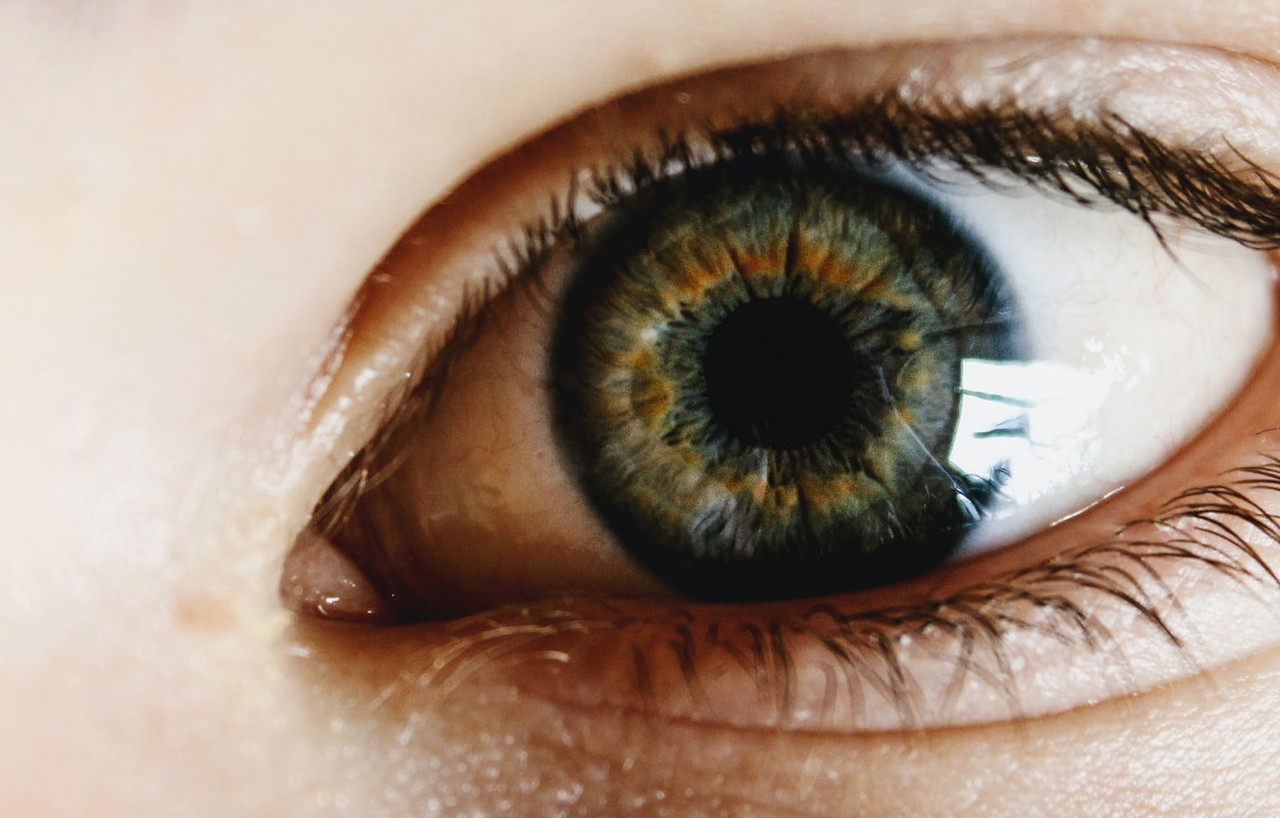How would I know I have retinal disease?
by Dr Annalien Steyn
Retinal disease is extremely important to identify early, as irreversible vision loss can occur if certain conditions are not picked up early and treated. So how will you know that you may have a retinal disease or problem?
Flashes and floaters
A flash of light or lightning streak may be seen inside the eye when the vitreous gel (jelly like substance filling the eye) pulls on the retina. If you suddenly experience new flashes of light, it is important to see an ophthalmologist urgently as this could mean that the retina has torn.
Floaters are small opaque items, like clouds, moving in and out of your vision. They can take on many shapes like dots, clumps, lines and even cobwebs. These floaters seem to be in front of the eye, but they are actually floating around in the vitreous. Floaters may be a normal aging process as the vitreous shrinks and forms strands and clumps in the eye, or when a posterior vitreous detachment occurs- meaning the vitreous gel pulls away from the wall of the eye. New onset of floaters should prompt you to see an ophthalmologist as it may indicate a torn retina.
Defects in one area of vision
This is often described as a curtain hanging over the eye. It may start in a small area of the eye and them become bigger. You will have no vision where this “curtain” hangs over the eye. This is an emergency as it may be a retinal detachment and you should see an ophthalmologist urgently.
Loss of vision
A sudden loss of vision in one, or even both eyes, can also be seen in retinal disease. With sudden vision loss, you can often pinpoint the exact time at which you lost vision. Many conditions can cause this and it is important to see an ophthalmologist urgently to find the reason as it may be sight threatening.
Distorted vision
The scientific name for this is metamorphopsia and this term is used when straight lines look wavy. You can close one eye at a time and look at any straight line to see if it remains straight or becomes wavy at any point. Distorted vision most commonly points to a macular problem, the most common of which is age related macular degeneration. If you develop distorted vision, it is important to see an ophthalmologist to find the reason for visual distortion and possible treatment options.

